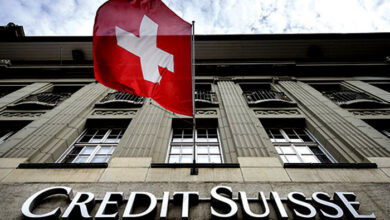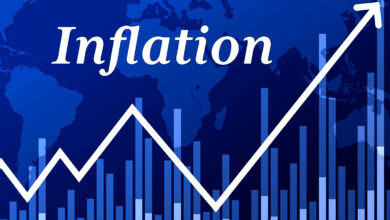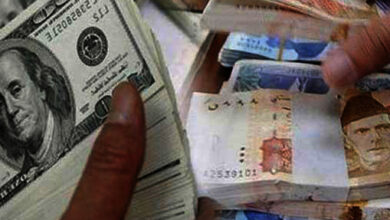BUSINESS
IMF PROVIDES 1.3B TO PAKISTAN

Pakistan has gotten $1.39 billion from the International Monetary Fund (IMF) under the Rapid Financing Instrument to adapt to the money related crunch caused due to coronavirus, State Bank of Pakistan affirmed Wednesday.
“SBP has gotten $1.39bn under Rapid Financing Instrument by the IMF,” said the national bank in an announcement on Twitter.






